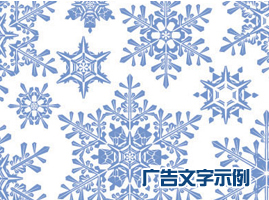Market
Conference

India May Raise Export Tax on Iron Ore Lumps
By RAJESH ROY
NEW DELHI -- India is likely to increase an export tax on iron ore lumps to discourage overseas shipments and preserve the raw material for local steel mills, which have lined up expansion plans.
"The tax structure on iron ore exports was discussed between different ministries today (Thursday). We understand that the tax on iron ore lumps may go up," federal Steel Secretary Atul Chaturvedi told reporters after a meeting with steelmakers. A decision on increasing the export tax may come as early as Friday, he said.
The South Asian nation is the world's third-largest iron ore supplier and exports nearly half of its total output. The country is also the world's fifth-largest steel producer and the federal steel ministry as well as local manufacturers of the alloy want to curb ore exports to ensure adequate supplies for their expansion projects. India has an installed steel production capacity of 72 million tons and plans to raise capacity to 115 million tons by Dec. 31, 2012.
The federal government currently levies a 5% export tax on powdery ore, or fines, and 10% on high-grade lumps. The steel ministry was seeking to raise the export tax to 10% on fines and 20% on lumps.
An increase in export taxes is likely to push up prices and further squeeze margins of exporters already hurting from a recent hike in rail freight rates, which accounts for a bulk of the costs of local exporters.
India produced 226 million tons of iron ore in the fiscal year ended March 31, 2009. It exported 106 million tons, of which lumps accounted for 10% to 12%. Most shipments are to China.
Total iron ore exports during the April-February period of the fiscal year through March 2010 rose 8.7% from a year earlier to 102.36 million tons, showed data from trade body Federation of Indian Mineral Industries.
Mr. Chaturvedi said the government hasn't asked steel companies to decrease prices, although they have raised product prices by more than 25% in the past six months to offset higher costs of raw materials such as coking coal and iron ore.
"Prices have increased but they have not risen to the extent that it could be alarming," Mr. Chaturvedi said, adding that he expects local steel prices to increase or decrease within a 5%-7% range in the next five to six months.
The local price of hot-rolled coils, an intermediary product, is about 37,000 rupees ($833.3) a ton while global prices are still marginally higher.
Write to Rajesh Roy at rajesh.roy@dowjones.com
Sourced from www.wsj.com
Tianjin Over World Non Coke Iron Making Technical Consultancy Co.,Ltd. All Rights Reserved
Tel.:+86-22-24410619 Fax:+86-22-24410619
TJ ICP 1100023 Email:info@driinfo.com